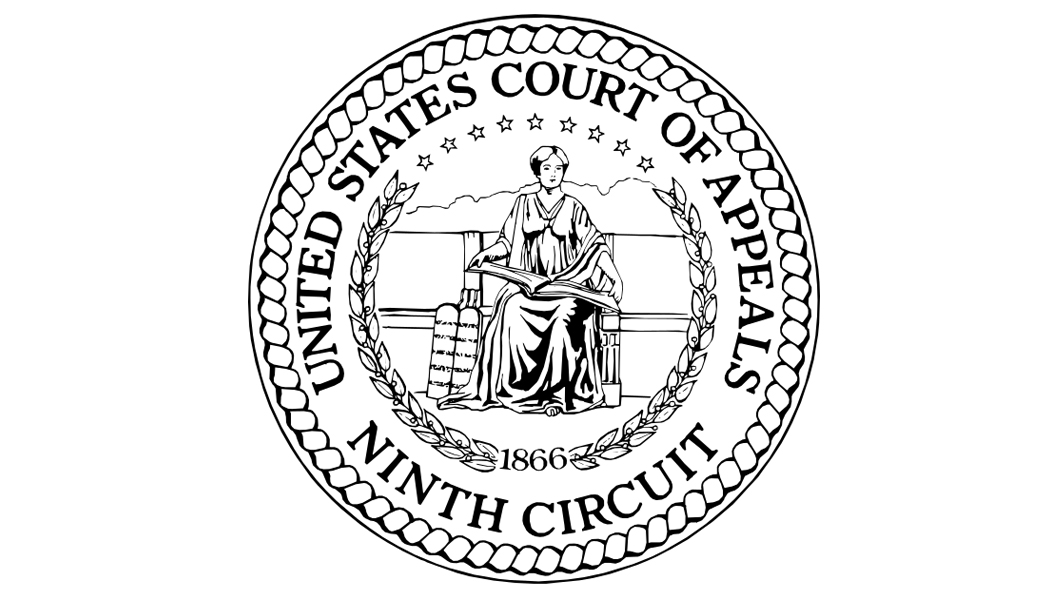Religious institutions can hire and fire their “ministers”—including teachers—without fear of government interference. This is basic First Amendment religion clause jurisprudence.*
However, to the United States Court of Appeals for the Ninth Circuit, headquartered in San Francisco, ignoring U.S. Supreme Court precedent affirming this basic right of religious employers is the same as ordering sprouts on your hamburger: it makes sense only in California.
St. James Catholic School, located in Torrance, California, hired Kristin Biel to teach the fifth grade. She was responsible for teaching her students all academic subjects as well as religion, which she taught at least four days a week using Roman Catholic curriculum and a related textbook. She also supervised and joined her students during a twice-daily prayer, and escorted them to school-wide monthly mass. Her contract with the school required her to work toward the school’s “overriding commitment” to the doctrines, laws and norms of the Catholic Church.
Ms. Biel’s contract was not renewed for the following year after she informed the school that she would miss an extended time of work due to an upcoming surgery. Biel sued the school for disability discrimination under federal law.
The school defended on the basis that as a religious institution, it has the constitutional freedom to hire and fire its “ministerial” employees without being sued for their decisions under various employment laws.
The first federal court to hear the case agreed with the school and held in its favor. And it was correct to do so, under the U.S. Supreme Court’s unanimous 2012 decision in Hosanna-Tabor Evangelical Lutheran Church & School v. EEOC, a case involving a teacher at another religious school who performed almost the same functions as Biel.
However, the notorious left-leaning Ninth Circuit reversed the lower court, holding that Biel was not a “minister” as the U.S. Supreme Court defined it Hosanna-Tabor. Biel may have performed the same religious functions as the Lutheran teacher in Hosanna-Tabor, the three-judge panel held in a 2-1 decision, but she didn’t have a fancy title like “Minister” bestowed on her, as the Lutheran educator had.
At best, the Ninth Circuit decision is a triumph of form over function. Nothing in the Hosanna-Tabor decision requires a “minister” to actually carry that title. Some religions don’t use titles at all, as Justice Samuel Alito (joined by Justice Elena Kagan) pointed out in his concurring opinion in that case.
Other federal courts of appeals around the country, sister courts to the Ninth Circuit, have also emphasized that job function is a more important consideration than a title when evaluating a “ministerial exception” case.
The Ninth Circuit is now alone in its cramped view of religious institutions’ hiring rights. That’s not surprising, given that circuit’s track record on a variety of socially conservative issues. But this case cries out for an appeal to the Supreme Court, and we’ll report on that if and when it happens.
The case is titled Kristin Biel v. St. James School.
*The “ministerial exception” to federal employment laws stems from the First Amendment’s religion clause (“Congress shall make no law respecting an establishment of religion, or prohibiting the free exercise thereof…”). It has been recognized for a long time as an effective way to avoid any excessive entanglement between government and religious institutions over their hiring and firing decisions of key personnel who communicate and or perform functions that convey religious values.






